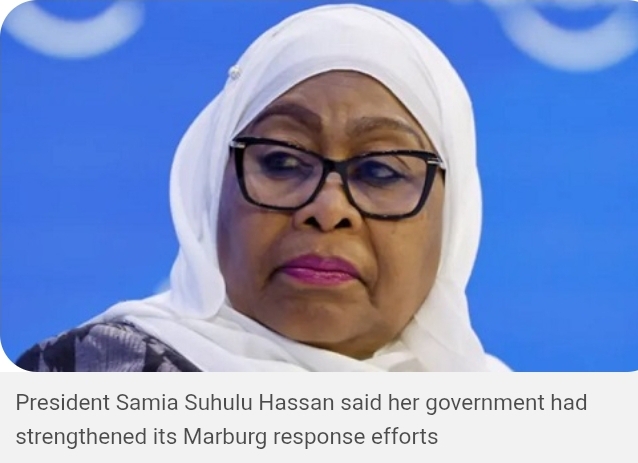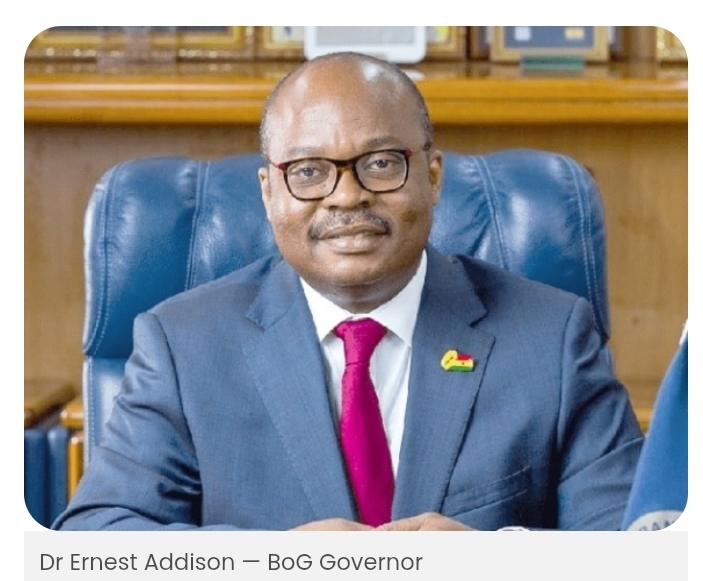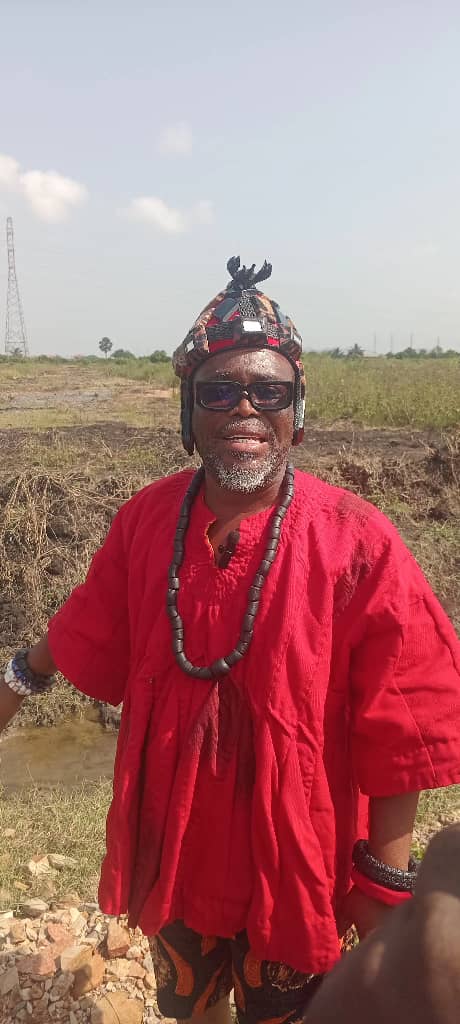By Kwame Larweh
In a bold move to revitalize Ghana’s struggling economy and address the deepening crisis in its cocoa sector, Finance Minister Cassiel Ato Forson outlined the government’s ambitious Agriculture for Economic Transformation Agenda (AETA) during the 2025 budget presentation. The agenda, a cornerstone of President John Dramani Mahama’s economic recovery plan, aims to boost food production, reduce inflation, stabilize foreign exchange, and empower farmers—particularly through enhanced irrigation infrastructure like the Pwalugu Irrigation Dam project—as the country braces for a predicted dry season in 2025.
Speaking before Parliament, Forson painted a grim picture of the cocoa sector, long a pillar of Ghana’s economy, which he described as on its knees due to gross mismanagement.
Cocoa production
Cocoa production has plummeted by nearly fifty per cent over the past three years, with the Ghana Cocoa Board (COCOBOD) unable to supply 330,000 tonnes of cocoa in the 2023/2024 season to meet contractual obligations. This shortfall, compounded by forward sales contracts locked in at below-market prices, has led to revenue losses of US$840 million, with an additional US$495 million projected for 2025.
COCOBOD’s staggering GH¢32 billion debt, including GH¢11.92 billion due this year, and GH¢21 billion in outstanding cocoa road contracts, further underscore the fiscal risks threatening the sector’s sustainability.
“The cocoa sector’s decline is a wake-up call,but through the Agriculture for Economic Transformation Agenda, we will not only restore its vitality but also transform agriculture into a driver of economic growth, food security, and farmer prosperity,” he stated during his budget delivery.
Pwalugu Irrigation Dam: A lifeline for farmers
Central to the AETA is a renewed focus on irrigation to ensure year-round farming, especially as climate experts forecast a prolonged dry season in 2025 that could exacerbate water scarcity for farmers. The Pwalugu Multipurpose Dam project in northern Ghana, initially launched in 2019 with a US$993 million budget, is being repositioned as a flagship initiative under the agenda. The dam, designed to generate 110 MW of renewable energy (60 MW hydropower, 50 MW solar) and irrigate over 25,000 hectares of farmland, promises to address flooding, enhance agricultural productivity, and meet the pressing irrigation needs of farmers.
The project faced setbacks under the previous administration, with only US$12 million spent on mobilization and site development before stalling. However, Forson announced that the government is terminating the original contract due to delays and inefficiencies, signaling a proactive approach to secure new funding and a competent contractor.
“We are committed to expediting the Pwalugu Dam’s completion, it will provide water security for farmers in the north, enabling double-cropping and reducing reliance on unpredictable rainfall,” he stated.
Northern farmers struggle
Farmers in northern Ghana, where rainfall is increasingly erratic, have long struggled with limited irrigation access. Less than three per cent of Ghana’s cultivable land is irrigated, leaving smallholder farmers vulnerable during the dry season. The Pwalugu Dam is expected to benefit over 17 communities, creating jobs, boosting agribusiness, and increasing incomes through enhanced crop yields.
Addressing farmer needs and cocoa sector woes
The AETA dovetails with broader efforts to meet farmers’ needs nationwide.
Forson highlighted specific interventions, including subsidies under the Ghana Agricultural Insurance Scheme to improve access to credit, policies to reduce transportation and utility costs; which are key drivers of inflation, and the promotion of cooperatives to strengthen farmers’ bargaining power. These measures aim to stabilize food prices and enhance resilience against climate challenges.
Cocoa sector
For the cocoa sector, the government plans to tackle smuggling—fueled by the gap between market prices and farmer payments—and restructure COCOBOD’s debt to alleviate fiscal pressures. By integrating cocoa rehabilitation into the AETA, the administration seeks to boost output and ensure farmers benefit from record-high global prices, reversing years of lost revenue.
Economic transformation through agriculture
The agenda aligns with the government’s 24-Hour Economy vision, which emphasizes import substitution by ramping up domestic production of staples like rice, maize, and vegetables—crops heavily impacted by Ghana’s US$2 billion annual food import bill.
“Increasing food production through irrigation and modern farming practices will reduce imports, stabilize the cedi, and curb inflation,” Forson explained.
Agricultural experts have welcomed the focus on irrigation but urge swift implementation.
“The Pwalugu Dam could be a game-changer, but timelines matter, farmers need water now, especially with a dry season looming,” Dr Kofi Mensah an agronomist stated
As Ghana navigates economic recovery, the AETA and the Pwalugu Dam project signal a shift toward sustainable agriculture as a catalyst for growth. With COCOBOD’s burdens eased and farmers empowered, the government hopes to turn the tide on a beleaguered sector and secure a prosperous future for rural communities.











